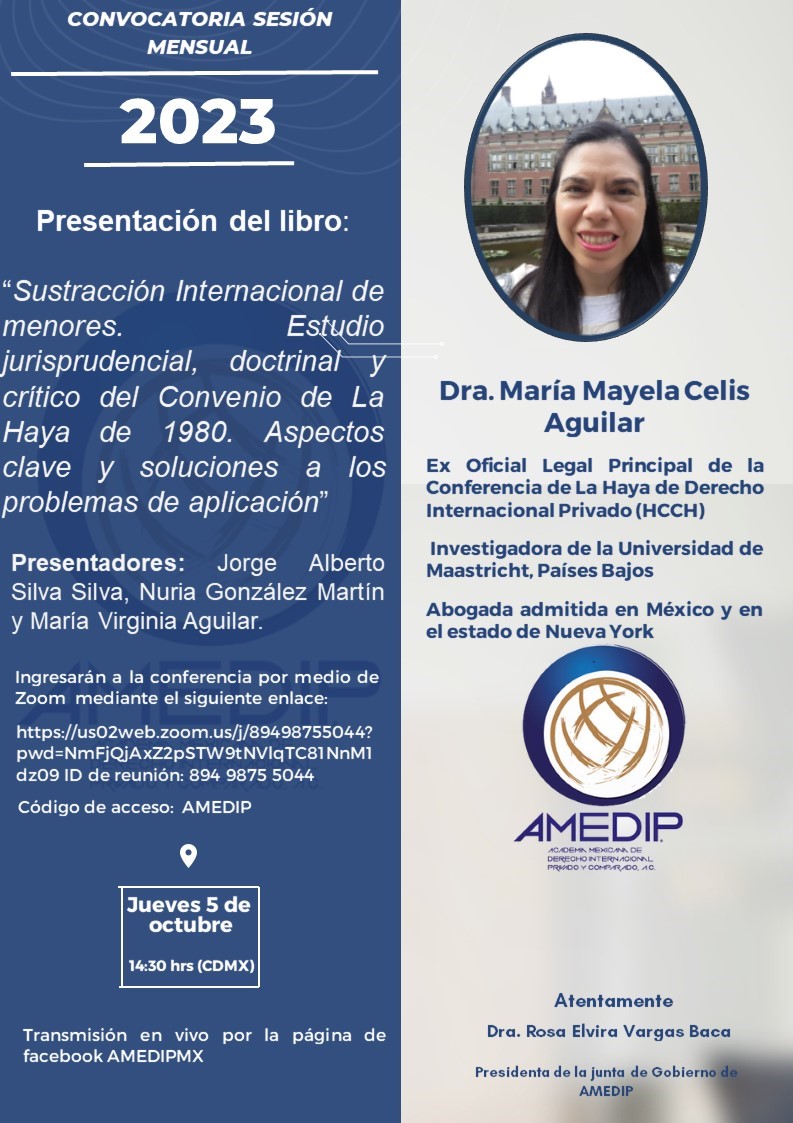Views
Genocide by Expropriation – New Tendencies in US State Immunity Law for Art-Related Holocaust Litigations
On 10 July 2018, the United States Court of Appeals for the District of Columbia Circuit rendered its judgment in the matter of Alan Philipps et al. v. the Federal Republic of Germany and the Stiftung Preussischer Kulturbesitz.
This case involves a claim by heirs of Holocaust victims for restitution of the „Welfenschatz“ (Guelph Treasure), a collection of medieval relics and devotional art housed for generations in the Cathedral of Braunschweig (Brunswick), Germany. This treasure is now on display at the Kunstgewerbemuseum Berlin (Museum of Decorative Arts) which is run by the Stiftung Preussischer Kulturbesitz. The value of the treasure is estimated to amount to USD 250 million (according to the claim for damages raised in the proceedings). Read more
Asser’s Enduring Vision: The HCCH Celebrates its 125th Anniversary
By the Permanent Bureau of the Hague Conference on Private International Law
On 12 September 1893, Tobias Asser, Dutch Jurist, Scholar and Statesman, realised a vision: he opened the first Session of the Hague Conference on Private International Law (HCCH). Today, exactly 125 years later, the HCCH celebrates Asser’s vision and the occasion of this First Session with a solemn ceremony in the presence of his Majesty The King Willem-Alexander of the Netherlands. Read more
The race is on: German reference to the CJEU on the interpretation of Art. 14 Rome I Regulation with regard to third-party effects of assignments
By Prof. Dr. Peter Mankowski, University of Hamburg
Sometimes the unexpected simply happens. Rome I aficionados will remember that the entire Rome I project was on the brink of failure since Member States could not agree on the only seemingly technical and arcane issue of the law applicable to the third-party effects of assignments of claims. An agreement to disagree saved the project in the last minute, back then. Of course, this did not make the issue vanish – and this issues concerns billion euro-markets in the financial industry. Read more
News
Book Launch: International Child Abduction, Mayela Celis (Madrid: Dykinson, 2023) on 5 October 2023 (in Spanish)

The Mexican Academy of Private International and Comparative Law (AMEDIP) is holding a webinar on 5 October 2023 at 2:30 pm (Mexico City time), 10:30 pm (Europe, CEST time) to launch the book entitled:
International Child Abduction: jurisprudential, doctrinal and critical study of the 1980 Child Abduction Convention. Key concepts and solutions to application problems (Madrid: Dykinson, 2023) 604 pp.
For more information about the book, see our previous post here.
The book will be presented by the author and the following AMEDIP members: Professors Jorge Alberto Silva Silva and Nuria González Martín, as well as the family law attorney María Virginia Aguilar.
The webinar will be held in Spanish and the details are:
Link: https://us02web.zoom.us/j/89498755044?pwd=NmFjQjAxZ2pSTW9tNVlqTC81NnM1dz09
Meeting ID: 894 9875 5044
Password: AMEDIP
Participation is free of charge.
This event will also be streamed live: https://www.facebook.com/AmedipMX
Symposium on Reparation for “Crimes of the Past” in Strasbourg (Oct. 19–20)
Written by Dr. Delphine Porcheron, Associate Professor at the University of Strasbourg Law Faculty
On October 19 and 20, the University of Strasbourg is organizing a symposium on Reparation for “Crimes of the Past”.
Mass crimes, deportations, spoliations, colonial exploitation, slavery… The “crimes of the past” are first known to us as historical facts. Their protagonists have mostly disappeared; they have been documented by historians; almost all of them are mentioned in school textbooks. They have become part of our collective memory as disastrous episodes of a bygone past.
Book Launch: Blockchain & Private International Law
The Series Editors of International and Comparative Business Law and Public Policy are hosting a book launch and cocktail party to celebrate the publication of Blockchain & Private International Law, edited by Andrea Bonomi, Matthias Lehmann, and Shaheeza Lalani (reviewed here by Christina Blanchet Valle).
The hybrid event will take place on 5 October, 5pm Swiss Time, both at the University of Lausanne, IDHEAP, AULA, and online (Zoom-Link; pw: 832357).
The event had originally been scheduled for 11 October (indicated wrongly above) but has been postponed for logistical reasons. The new date will be advertised shortly.


